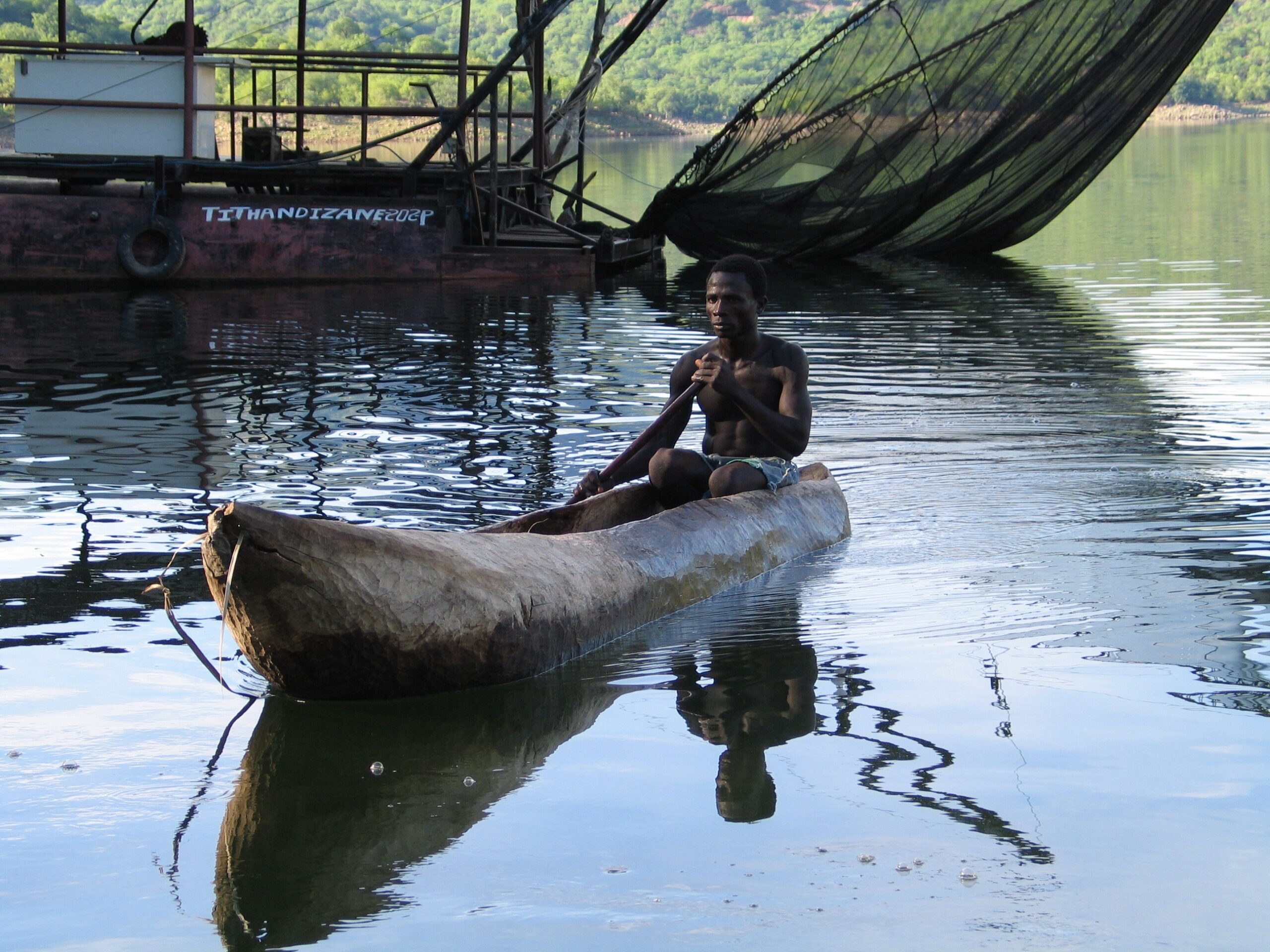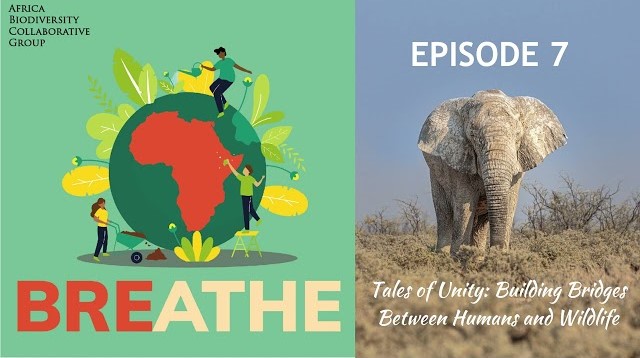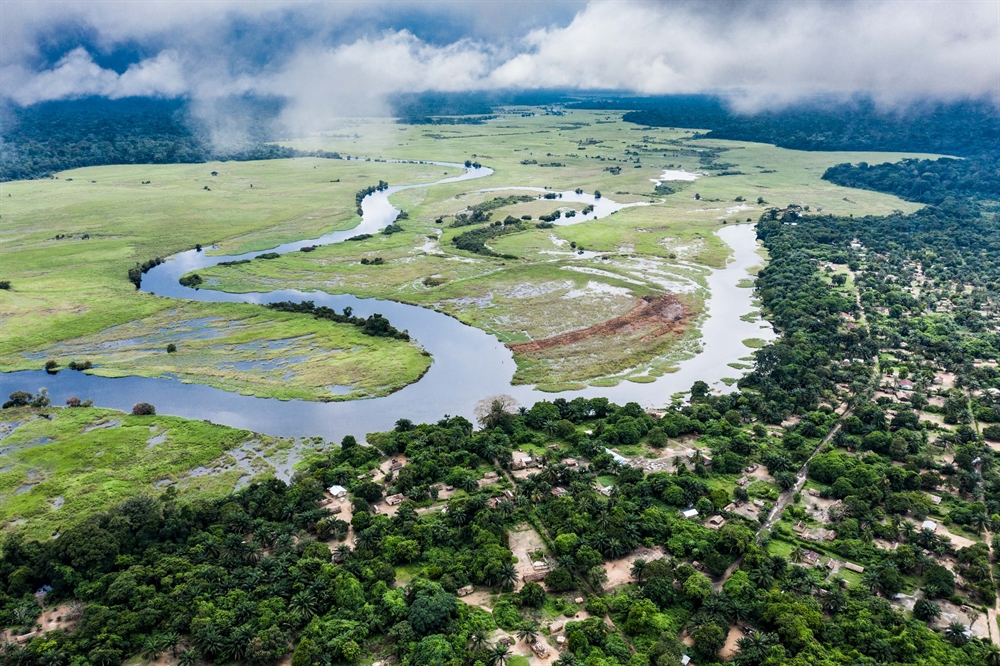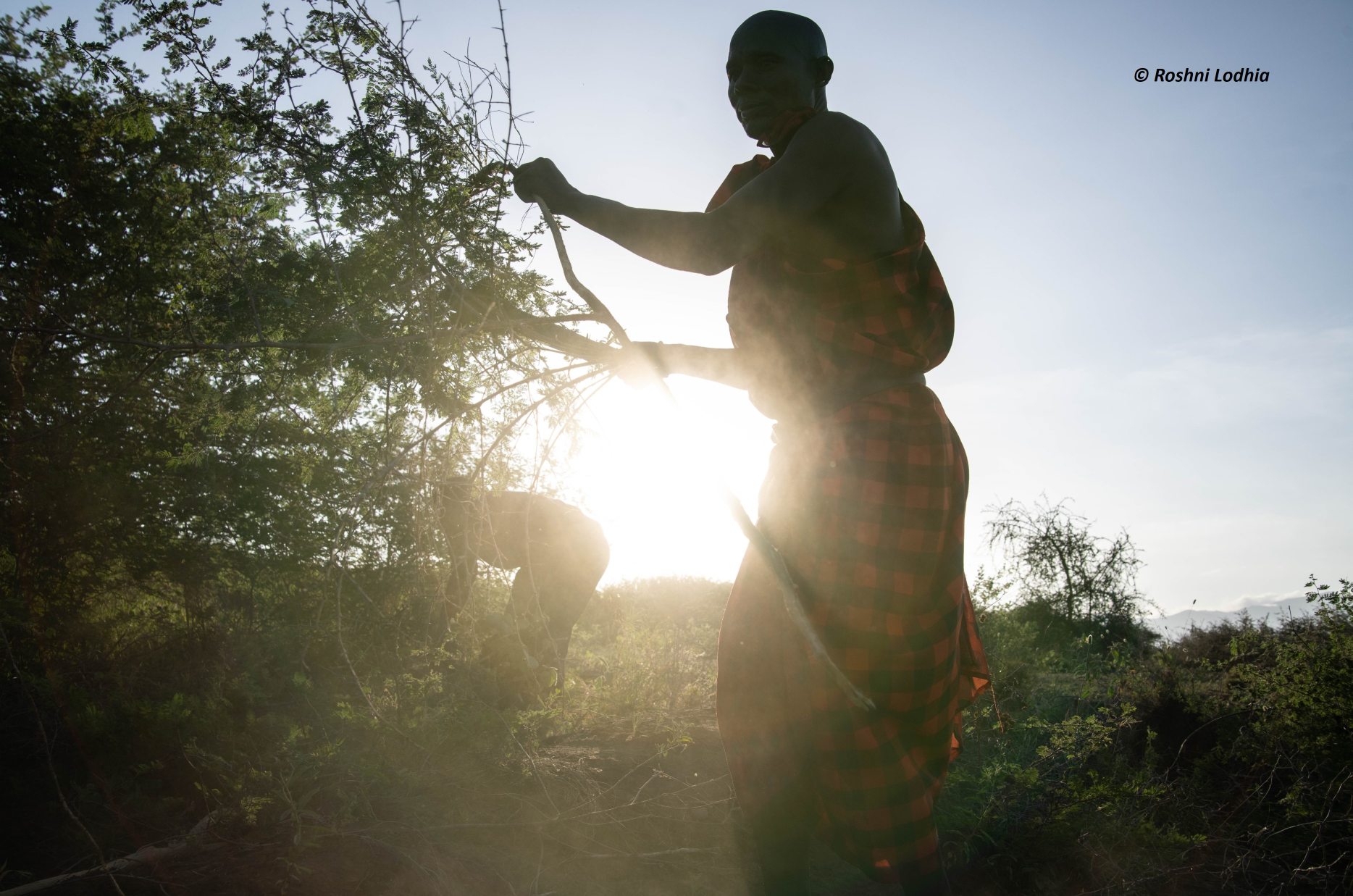ABCG is reducing watershed degradation and improving the health of freshwater ecosystems through linking freshwater conservation and water, sanitation, and...
Learn MoreGender Integration
Overview
Across Africa, women play critical land and natural resource management roles. However, these roles are typically unrecognized or undervalued. Minorities and disadvantaged groups are also integral to local conservation constituencies.
• Growing evidence points to better governance and conservation outcomes when fisheries and forests are managed collaboratively by women and men
• Gender-equal access to agricultural resources could increase the average woman farmer’s crop yields by up to 30%.
• More equitable involvement of men and women in forest management leads to significantly greater improvements in forest conditions, research shows.
• Nations with higher proportions of women in legislatures are more likely to ratify environmental treaties than other nations.
Therefore, the role of these groups is especially important to consider in the construction of sustainable conservation strategies. To achieve this, ABCG employs a participatory approach that seeks to provide improved access to opportunities (meetings, workshops, decision making on natural resource use, etc.) for women and vulnerable groups. This includes ensuring that gender considerations are included in project design and implementation.
By integrating gender dimensions into all thematic and crosscutting program components, ABCG aims to more explicitly address the issues that limit the ability of women and vulnerable populations to participate fully in conservation and natural resource management.
Recent Publications
See Other Issues
Community-Based Forest Management
Building on previous work done under the Land Rights Tenure Rights thematic area, the Community Based Forestry Management (CBFM) approach...
Learn MoreGender Integration
Across Africa, women play critical land and natural resource management roles. However, these roles are typically unrecognized or undervalued. Minorities...
Learn MorePopulation Health And Environment
Share thisPopulation Health And Environment There are strong linkages between biodiversity conservation and human health, the health of domestic animals,...
Learn MoreSee More News
BREATHE Podcast Episode 7: Building Bridges Between Humans and Wildlife
Join us for the captivating episode of BREATHE as we embark on a journey to unravel one of the most...
Learn MoreABCG and the International Livestock Research Institute Formalize Commitment to Tackle Agriculture Conservation Challenges
ILRI and ABCG have recently formalized their commitment to tackle agricultural conservation challenges by signing a MoU. The partnership between...
Learn MoreHistoric Treaty to Protect Marine Biodiversity Adopted
June 19, 2023 the United Nations on adopted a historic agreement designed to conserve and protect life in the high...
Learn More







